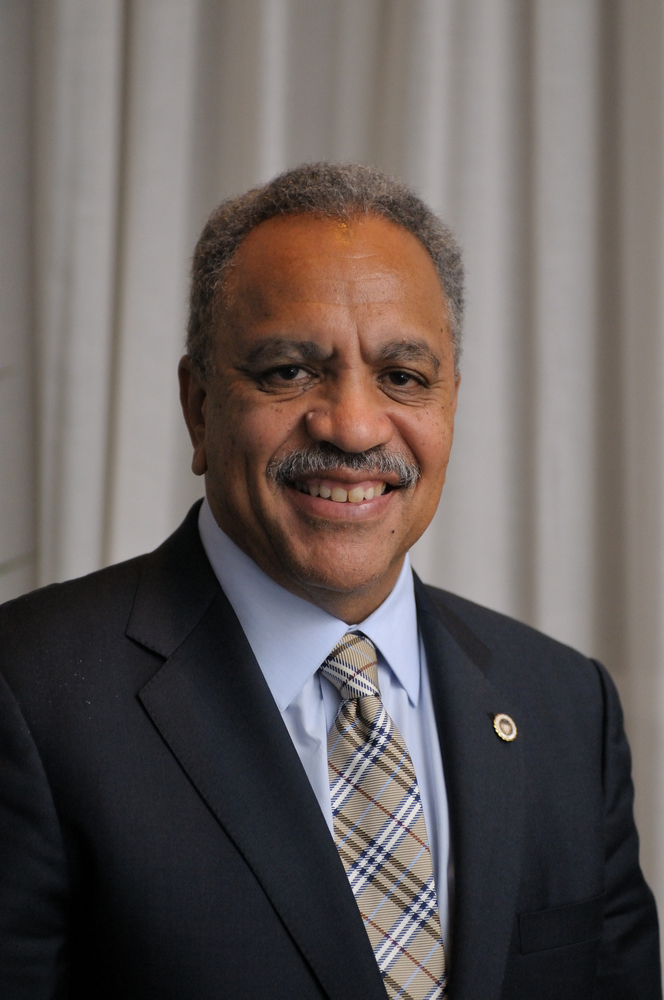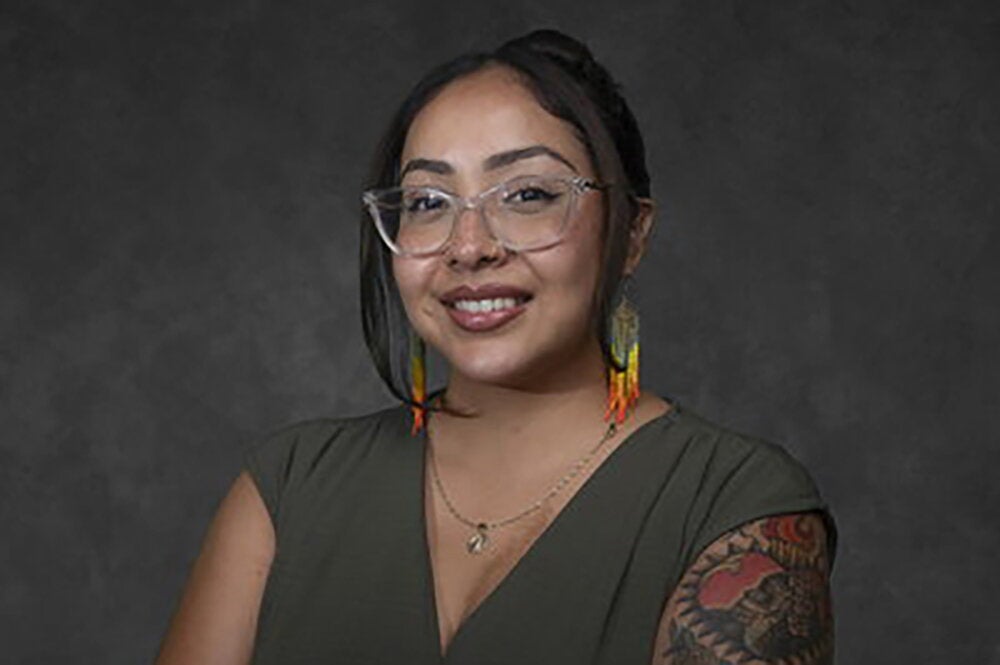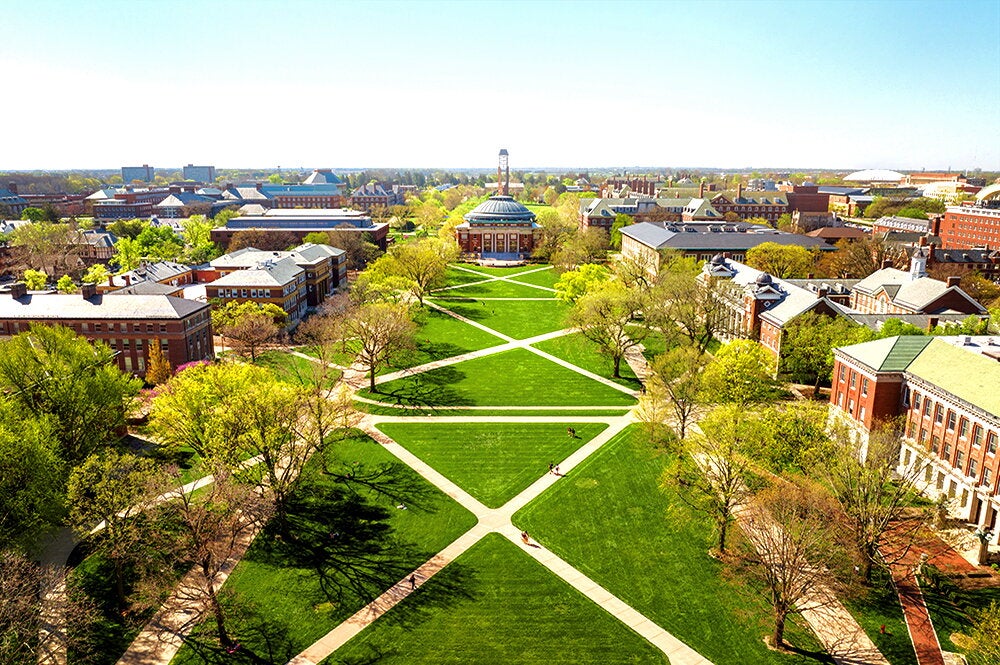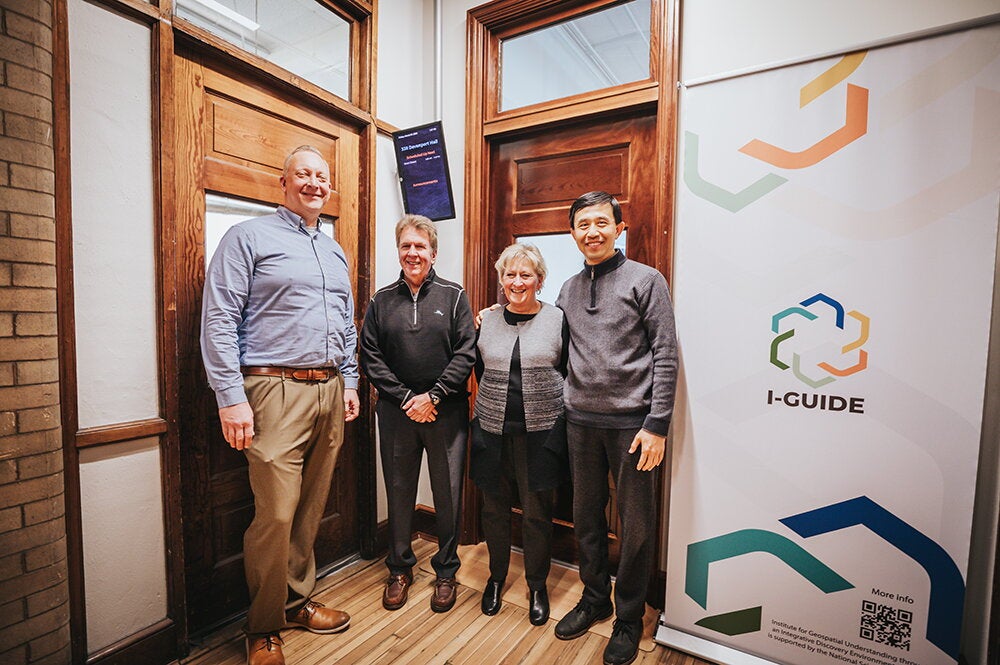
Sidney Ribeau (AM, '73, speech communication; PhD, '79, speech) had no plans to ever become an administrator.
“I didn’t even own a suit and tie at the time. I was a faculty member of the ’70s through and through,” says Ribeau, who was a professor at California State University-Los Angeles, when he was suddenly asked to serve as temporary chair of the Pan-African Studies Department.
Today, Ribeau is one of the most respected administrators in the country. He came off of a highly touted, 13-year tenure as president of Bowling Green University in Ohio and is currently serving as president of Howard University in Washington, D.C., the leading institution among historically black colleges and universities. He is also a 2011 LAS Alumni Achievement Award winner.
Growing up in Detroit, Ribeau went to Wayne State University with the intention of playing basketball. The basketball never panned out, for he says, “I had more ambition than talent.” But at Wayne State he discovered an area where he had both of these qualities—speech communication.
After receiving his bachelor’s degree in 1971, he headed for the University of Illinois, where he blossomed; as he puts it, U of I “challenged me intellectually and gave me the opportunity for reflection.” He received his master’s in 1973 and PhD in 1979 in communication from Illinois and then moved to California, where he began working as a professor. He had no inclination to become an administrator until that “temporary” post as department chair turned into three years.
“I found out that I really enjoyed getting things done,” he says. “I started some new programs, and it turned into a successful three years.”
“Getting things done” became a theme wherever Ribeau worked as an administrator, and nowhere was this clearer than at Bowling Green University, where he stepped in as president in 1995. At the time, Bowling Green’s morale had hit a low point.
“Probably the greatest challenge was that there wasn’t a sense of community, a sense of common purpose,” he says. So Ribeau began by listening. He and a colleague listened to hundreds of hours of recorded interviews with faculty, staff, and students “talking about their dreams and aspirations for the institution. Then we tried to convert these dreams into goals.”
As a result, Bowling Green thrived, and enrollment jumped from 16,000 to over 20,000, while a satellite campus grew from about 800 to 1,600 students.
Ribeau’s team created learning communities around 13 different themes, from language and culture to applied sciences and undergraduate research. He also started the President’s Leadership Academy, which paid tuition and expenses for students who didn’t necessarily have top grades but showed great leadership potential. At the graduate level, he heard the voices of faculty who preferred that the university become very good in select specialties, rather than try to be all things to all people.
Ribeau’s record at Bowling Green caught the attention of several institutions, including Howard University, which brought him to campus to meet the screening committee. Ribeau says he wasn’t necessarily interested in a new position until he met the committee, which included General Colin Powell, who had just stepped down as Secretary of State, and other nationally recognized leaders.
“I was so excited by their vision for Howard,” he says. As one committee member pointed out, “Howard is one of the most important institutions in America.”
Howard was chartered in 1867 and has played an important role throughout its history. For instance, it produced numerous civil rights leaders, such as Thurgood Marshall, the first African American Supreme Court justice who was instrumental in the landmark school segregation case, Brown v. Board of Education.
Howard has been important to many disenfranchised groups, Ribeau says, drawing Jewish students from earlier generations who faced discrimination at other schools and turned to Howard. The university’s very first class included three white females.
Since taking the reins at Howard in 2008, Ribeau has tried to bolster the university in science, technology, engineering, and mathematics, where he says, “There is a severe under-representation of people of color.”
Under Ribeau’s direction, Howard University rekindled its emphasis on internationalism and acquired two satellite radio stations, making one available to other historically black colleges and universities that do not have the same technological infrastructure.
In addition, Howard has begun a Students First program, which expands the student experience beyond the classroom. As just one example, the alternative spring break program, in which students spend their breaks doing service, has taken off, expanding from about 50 to over 400 students in three years.
“Our students have a strong proclivity to giving back,” he says. “Howard is a purpose-driven institution, so we help them find out what it means to be a person of purpose in the world.”
* * *
Sidney Ribeau and his wife, Paula Whetsel-Ribeau, are the proud parents of two daughters and one son.


